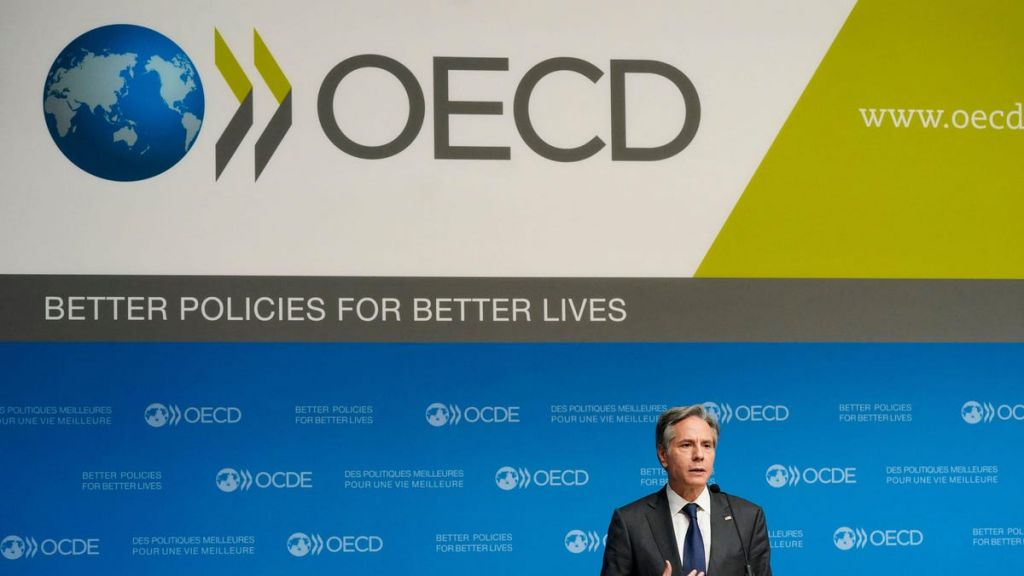World leaders agreed this weekend to the most comprehensive overhaul of the global tax system in generations, agreeing to a global minimum corporate tax rate of 15% with teeth to prevent multinational corporations from evading it. Here’s how the entire agreement will work.
The Inclusive Framework on Base Erosion and Profit Shifting (BEPS) developed by the Organisation for Economic Co-operation and Development (OECD) at this year’s G20 summit in Rome is intended to reduce the financial benefits seen by large corporations that shift their business profits to offshore accounts, limiting the amount of tax revenue nations can gather.

The agreement also aims to overhaul international tax rules to reflect the realities of the digital age. Instead of taxing a company where its operations are, the rules would allow countries to tax a company where its services are sold. These changes are likely to have a significant impact on the European operations of US technology firms. Many of these businesses are headquartered in Ireland to take advantage of the lower 12.5 percent tax rate, but they provide services nationwide.
The Inclusive Framework agreement aims to halt the global decline in corporate tax rates that has been going on for decades. According to OECD guidelines, the actual impact will generate an additional $150 billion in annual tax revenue. According to the New York Times, the Biden administration expects the changes to generate $350 billion in additional tax revenue in the United States over the next ten years.

In a statement, US Treasury Secretary Janet Yellen praised the “historic agreement,” saying it will end the “harmful race to the bottom on corporate taxation.” According to the OIC, 136 countries and jurisdictions have agreed to the new rules, accounting for 94% of global GDP.
The 15% tax floor will apply to corporations with revenues greater than $87o million, effectively limiting it to the world’s largest corporations. In addition, if one of these companies shifts profits to a low-tax country, it will be forced to pay a “top-up” tax in the country where it is headquartered, effectively forcing it to pay the difference to meet the 15% minimum, according to The Washington Post.

According to reports, after the Trump administration changed taxation rules, companies began stockpiling profits overseas rather than bringing them to the United States.
Although an agreement has been reached, it is now up to the 136 countries to implement the new rules. In the United States, for example, the Washington Post reports that tax treaty laws may need to be changed, which would necessitate bipartisan support from two-thirds of senators. Oxfam, a charity, has also criticized the agreement’s “generous carve-outs” and that it only holds to less than 100 companies worldwide.


